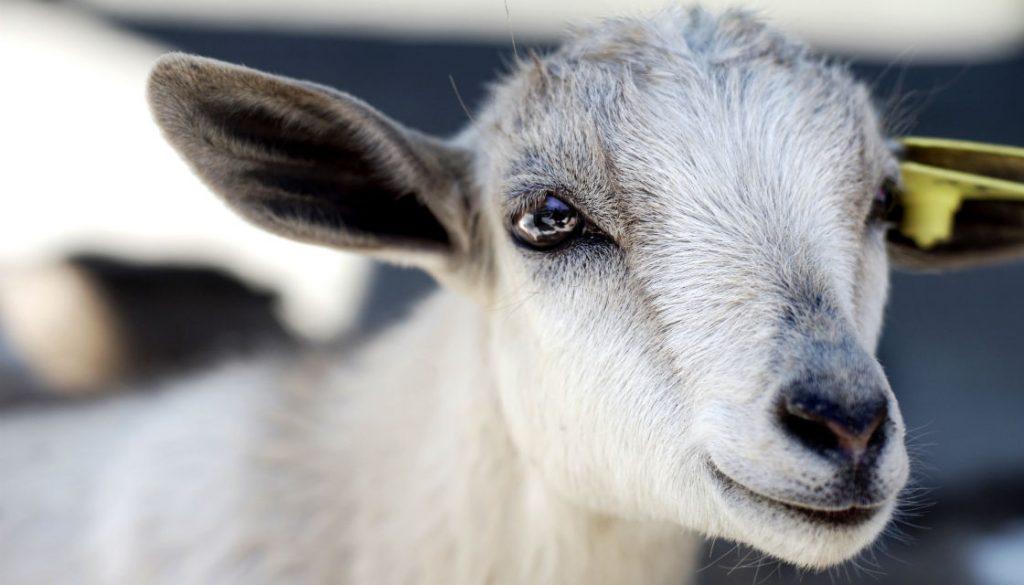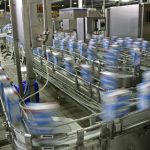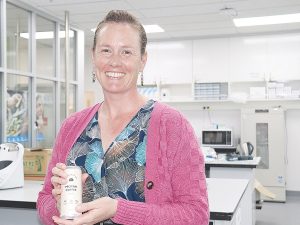
People are becoming more aware of the environmental impact dairy farming has on the land.
And as a result, consumers are looking for dairy products that have been made from farming practices with a lower environmental footprint.
Sheep dairy and goat dairy are emerging as two industries that have real potential to meet those expectations.
Nutritional benefits, an awareness of lactose sensitivity, a change in consumers’ taste for dairy food and the expanding global middle-class are some of the drivers pushing up demand for sheep and goat dairy products.
Farming sheep and goats is more gentle on the environment, there’s less nitrogen loading required, a lot less water needed and a smaller area needed to farm the animals.
The sheep and goat industries are starting to gather momentum. This is what we discovered at Fieldays 2019, when we recorded keen interest from farmers looking for more information on small ruminants.
New Zealand is in a good position to explore opportunities to expand in the sheep and goat markets.
We’re seen as a clean, green producer. We have a positive image around environmental care. And as a result, milk products from cows, sheep and goats are becoming much sought after by global consumers.
Behaviour difference
When it comes to best practice, it’s important to understand that the behaviour and physiology of sheep and goats are very different.
Goats are always on the go, they are inquisitive animals that like to investigate things.
They like being up high, don’t like to lie around much and don’t like getting their feet wet.
Sheep are followers, have to have eye contact with each other and don’t like to be separated.
All of these traits need to be taken into account if you’re planning to convert your milking parlour from cows, to goats or sheep.
As underlined by Spring Sheep, animal welfare, whether that be for sheep, goats or cows, is paramount to farmers.
The more care we put into looking after our animals, the better the animals will provide for us. The animals are happier, farmers are happier.
Public perception of dairy farming has prompted changes to many things but overall, animal health is right up there at the top for in every farmer’s mind.
That’s clearly a view shared by the Dairy Goat Co-operative (NZ), which was formed in 1984 and now distributes to more than 30 countries around the world.
It uses New Zealand’s Code of Welfare for Goats for its farming systems. It specifies what is considered to be optimal animal welfare and how this may be achieved for goats farmed under New Zealand conditions.
Dairy Goat Cooperative animals thrive on New Zealand grown, on-farm forages such as grasses, clover, lucerne, hay, silage or pasture plants.
Milk is collected from the collective’s farms and delivered directly to its production facility in Hamilton.
• Andy Geissmann and Gary Feeney are the small ruminant specialists at Waikato Milking Systems.

























